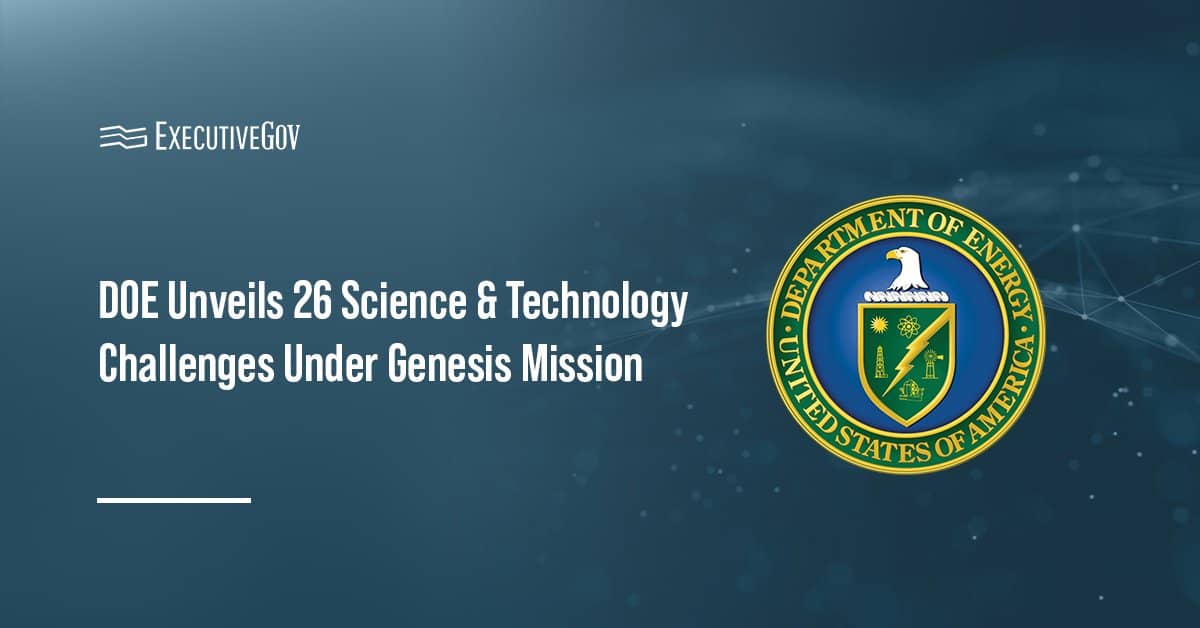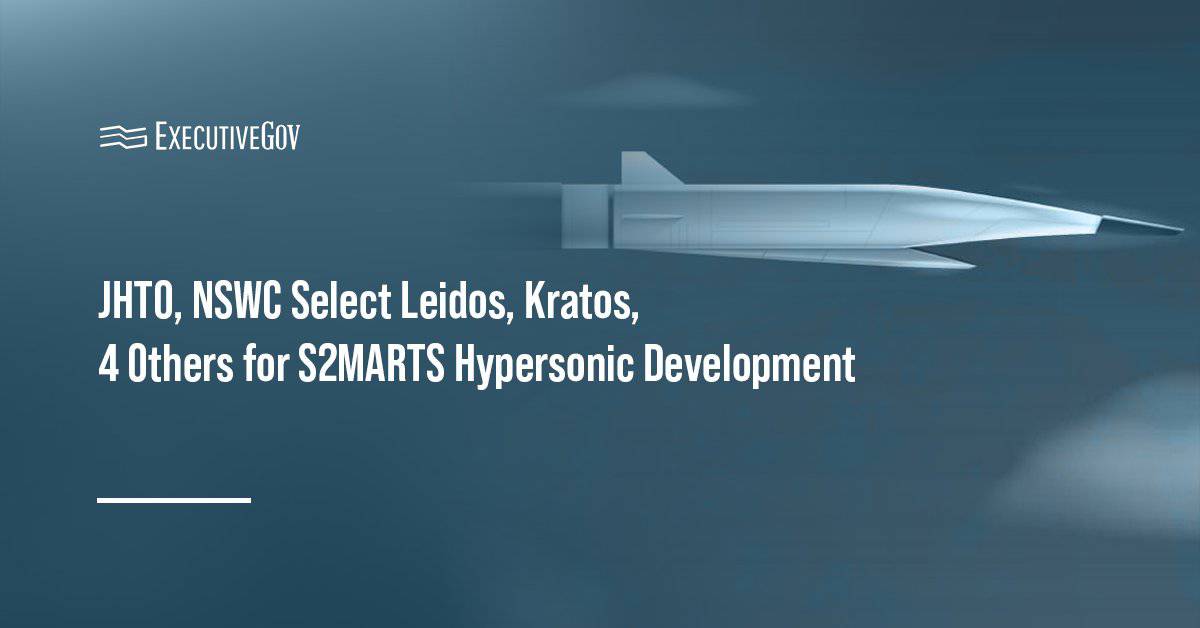The Defense Innovation Unit will demonstrate in the next few months the military applications of quantum sensors across five critical areas as part of the Transition of Quantum Sensing, or TQS, program.
In a statement published Wednesday, Lt. Col. Nicholas Estep, director of the emerging technologies portfolio at DIU, said DIU worked with the Office of the Under Secretary of Defense Research and Engineering for Quantum and other partners across the services to introduce the TQS program in the summer of 2024.
Table of Contents
5 Lines of Effort
“In less than six months, we went from strategy, to source selection and awards, and are now off and executing unique technical solutions across five lines of effort: inertial sensors, gravimeters, magnetic anomaly detection, magnetic navigation, and technology insertions & component development,” Estep noted.
The quantum inertial sensor line of effort, for instance, is focused on two use cases. One is for dynamic, airborne platforms of the U.S. Air Force and U.S. Space Force, while the other is for maritime platforms of the U.S. Navy.
For the quantum sensor-based gravimetry line of effort, the U.S. Navy is interested because of the tech area’s suitability for gravity-aided navigation in the maritime domain.
What Is the TQS Program?
The program is organized into five interrelated lines of effort focused on expanding operational competencies and targeting improvements in existing strategic capabilities.
Under the TQS program’s initial phase, DIU and participating companies will conduct more than 10 field tests of quantum sensing applications across air, ground and maritime domains over the next 12 months.
TQS Program’s Acquisition Approach
DIU conducted a competitive solicitation process and awarded other transaction agreements to several companies, including Alare Technologies, Anduril, AOSense, Beacon Photonics, Freedom Photonics, Frequency Electronics, Honeywell, Leidos, Nexus Photonics, Lockheed Martin, Northrop Grumman, Princeton Innotech, Q-CTRL, QuSpin, SubUAS, Twinleaf, Vector Atomic and White River Technologies.
“DIU took a forward-looking programmatic approach when building the TQS project by encouraging teaming arrangements between atypical collaborators, including a diverse mixture of start-ups, non-traditional DoD solution providers, and also traditional defense contractors,” said Estep.
“The TQS acquisition approach took a holistic view of the end-solution by bringing sensor, software, and platform makers together for prototyping. Additionally, we are incorporating open data standards like ASPN and informing foundational map data products where applicable. This will enable rapid demonstration of operational utility and broad adoption in the DoD community, on the presumption of successful outcomes from this program,” the DIU official added.





